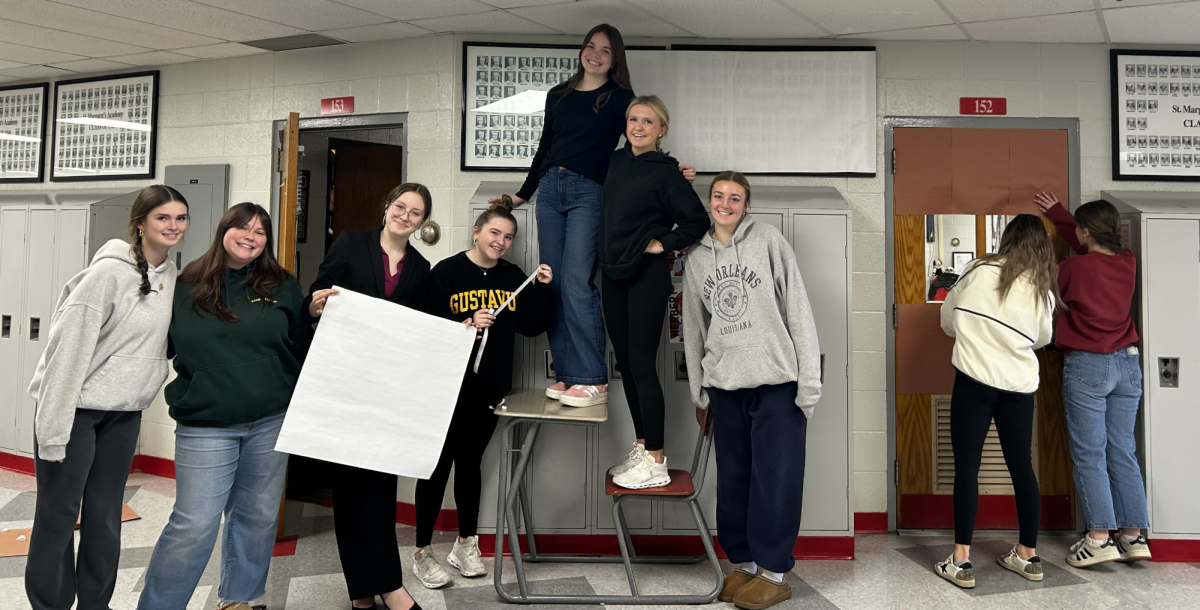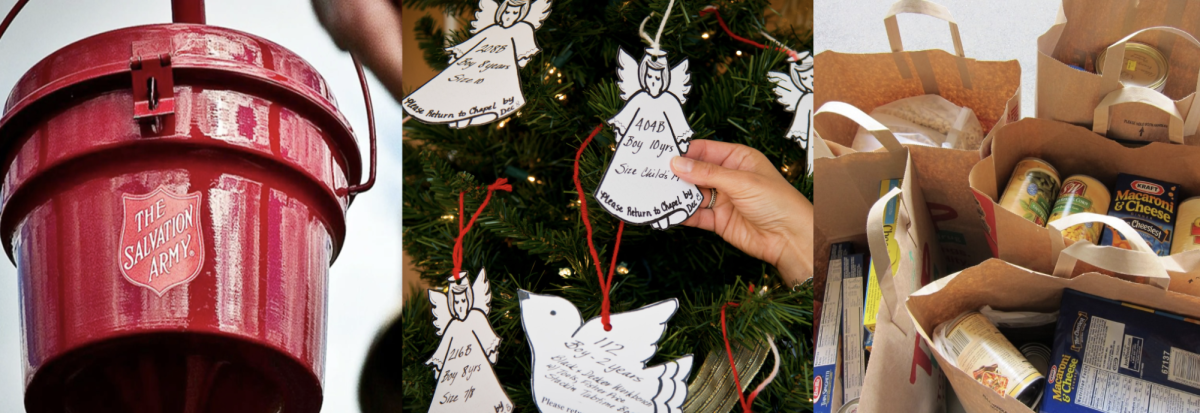Congress’ cut on food stamps will perpetuate poverty
We don’t think about poverty. Not really. Maybe we did that one time when we volunteered at Feed My Starving Children as we thought (only for a second) about how awful it would be to eat that food we’re packaging. We take our little glimpse of poverty and turn it into a soulful, college application essay that we’re sure will show just how sensitive we are to the world’s problems.
Sensitive to the world’s problems? Hardly. As students in a school that gives us every opportunity to be upwardly mobile as productive members of society, we often worry more about screwing that up rather than about changing our course for the better. We take the concept of poverty and use it to our advantage, shoving it in the faces of those who suffer as if it was our good nature that spares them from going without one meal. We have every chance to succeed and can’t possibly understand life without affluence.
For a child whose parents were trapped by poverty before them, life is not about swimming fast to the success; it’s about treading water with a ten-pound weight tied to their dominant leg. When Congress passed a 39 billion dollar cut to the Supplemental Nutrition Assistance Program (SNAP) on September 19, the weight on the feet of America’s impoverished children got much heavier.
Food stamps make up roughly 80 percent of the SNAP program’s budget. The changes to the SNAP program include mandatory drug tests, 20 hours of work activity per week if children are in school or child-care, and the end of automatic food stamp eligibility with other government assistance programs.
Though these new requirements seem logical and are not aimed specifically at children, the effect on them will probably outweigh that on their parents. Because responsibility to provide for a family lies with the parents, children are absolutely without control in their situation. If parents have less food to support their families, children will undoubtedly suffer.
Having adequate nutrition is vital to the development of a young child. It influences brain development, classroom performance, and psychological well being. By limiting a poor child’s access to proper sustenance, their capabilities in the area of overcoming poverty are significantly hindered.
Although it is not our government’s duty to provide entirely for the people, it is their duty to protect vulnerable children. Children who require welfare assistance should not be punished for their situation, but supported in their efforts to overcome hardship. It is a fundamental right that no Congress or party should take away.
And though the prosperous (maybe even you) accuse adults who use food stamps of being lazy burdens on the government, it is likely that they too were once children with no control over their environment. The cycle of poverty took them in its talons, just as it will their children. Food stamps are not a definite way out, instead they make treading water just a little bit easier.
We can’t even begin to imagine the hardship of poverty. Just as impoverished children are products of their environment, so are we. We perpetuate the deprivation, the robbing of the American Dream, and the slap in the face that is denying basic human rights. We sustain the abuse. But you don’t want to think about that.










































Lynn Fleming • Oct 23, 2013 at 7:43 am
Well done. Submit this to the Star Tribune!
Mick Hawkins • Oct 22, 2013 at 10:21 pm
So well written, Anna.
You insight and maturity gives hope to the future.
M. Hawkins